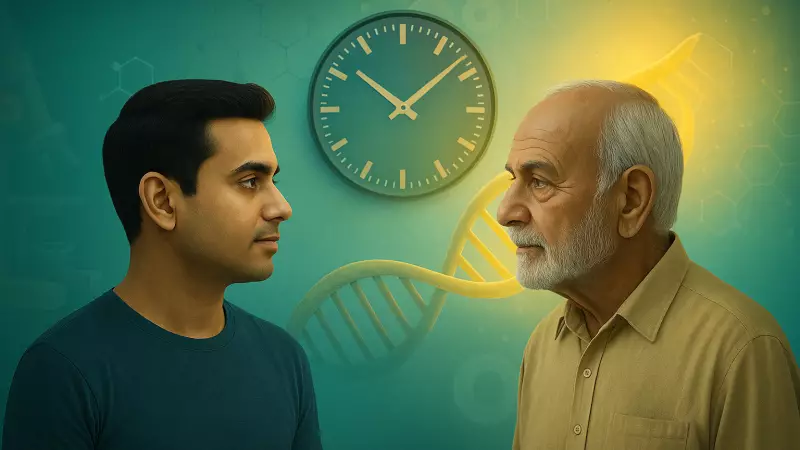
For generations, we've accepted that growing old inevitably means growing weak. That stooped posture, fragile bones, and declining strength were just the unavoidable price of longevity. But what if this narrative is fundamentally wrong?
The Science Behind Ageing Differently
Recent breakthroughs in gerontology and muscle biology are challenging everything we thought we knew about ageing. Researchers are discovering that much of what we consider "normal" age-related decline might actually be preventable—or even reversible.
The key revelation? Our bodies maintain remarkable regenerative capacity throughout our lives. The problem isn't that we lose the ability to build strength as we age; rather, we often stop giving our bodies the signals they need to maintain it.
Three Pillars of Ageing Strong
Scientists have identified several crucial factors that determine whether we age with vitality or frailty:
- Resistance Training: Unlike casual walking or gentle stretching, proper strength training provides the essential stimulus that tells your muscles "you still need to be strong."
- Protein Optimization: As we age, our bodies become less efficient at using protein to build muscle. Strategic protein timing and quality become increasingly important.
- Hormone Balance: While hormone replacement remains controversial, maintaining natural hormone balance through lifestyle factors plays a crucial role in preserving muscle mass.
Real People, Remarkable Transformations
The research isn't just theoretical. Across India and worldwide, people in their 70s, 80s, and even 90s are demonstrating that age doesn't have to mean weakness. These aren't genetic outliers but ordinary individuals who've embraced the new science of ageing.
"I started strength training at 68 after a fall scared me," shares Mumbai resident Priya Sharma, now 74. "Today, I'm stronger than I was at 50. I travel alone, carry my own groceries, and enjoy life without constant fear of injury."
Breaking Psychological Barriers
Perhaps the biggest obstacle isn't physical but psychological. Many older adults have internalized the message that they're "too old" for certain activities or that rest is always preferable to exertion.
The new paradigm suggests the opposite: Appropriate challenge at any age builds resilience. The body responds to the demands placed upon it, whether you're 25 or 85.
What This Means for India's Ageing Population
With India's senior population growing rapidly, these findings carry profound implications for public health, healthcare costs, and quality of life for millions. The potential to reduce falls, maintain independence, and prevent age-related diseases through strength preservation could transform our approach to elderly care.
The message is clear: Weakness may be common in old age, but it's not inevitable. The future of ageing isn't about accepting decline—it's about rewriting the rules of what's possible in our later years.






